In August 2025, India reaffirmed its longstanding strategic partnership with Russia through high-profile visits by National Security Adviser Ajit Doval and External Affairs Minister S. Jaishankar to Moscow. These visits come at a delicate diplomatic juncture, as the United States, led by former President Donald Trump, has imposed tariffs on Indian goods and warned India against deepening energy and defense ties with Russia.
Context of the Visits
India’s relationship with Russia spans decades and remains multifaceted, encompassing defense cooperation, energy imports, nuclear collaboration, and trade. Despite growing pressure from the US to curtail its imports of Russian oil—now accounting for nearly 40% of India’s crude demand—India has maintained steady engagement with Moscow, emphasizing strategic autonomy in its foreign policy.
Trump’s announcement of a 25% tariff on Indian products and threats of penalties for continued ties with Russia have tested India’s diplomatic balancing act. The visits by Doval and Jaishankar signal India’s intent to continue its relationship with Russia without bowing to external pressure.
Focus Areas of the Moscow Visits
The agendas of these trips revolve around several key areas:
- Defense Collaboration:
- Ajit Doval’s discussions with Russian counterparts involve strengthening defense industry ties, including potential procurement of additional S-400 missile systems and possibly exploring Su-57 fighter jets to augment Indian airpower. India also plans to develop Maintenance, Repair, and Overhaul (MRO) facilities for the S-400 locally.
- Energy Cooperation:
- India’s growing imports of Russian crude underpin its energy security. Jaishankar’s talks include expanding trade mechanisms like the Rupee-Ruble system to facilitate transactions amid sanctions and international scrutiny.
- Trade and Arctic Cooperation:
- Increasing bilateral trade, with a target of $100 billion by 2030, is a critical goal. India also looks to expand cooperation in Russia’s resource-rich Arctic region, including possible collaboration in nuclear power and advanced technology sectors.
- High-Tech Partnerships:
- Both sides are keen on expanding joint ventures in civil nuclear energy, high-tech industries, and infrastructure development.
India’s Strategic Autonomy
India stresses a policy of non-alignment and strategic autonomy, seeking to maintain balanced relations with global powers without fully aligning against any one country. The visits underscore India’s commitment to this principle despite US criticism.
MEA spokesperson Randhir Jaiswal reiterated that India and Russia’s partnership is “steady and time-tested” and should be viewed on its own merits without the lens of third-party perspectives.
Broader Implications
These high-level diplomatic engagements communicate a clear message to the international community that India will not compromise its national interests in energy security and defense preparedness despite geopolitical pressures. The visit also highlights the complexity of global alliances in a multipolar world, where economic and strategic considerations often intersect.
Conclusion
The visits by NSA Ajit Doval and EAM S Jaishankar to Russia amid the ongoing trade disputes with the US demonstrate India’s resolve to maintain independent foreign policy choices. By deepening defense ties and expanding economic cooperation with Russia, India seeks to safeguard its strategic interests and assert its role as a major global player.

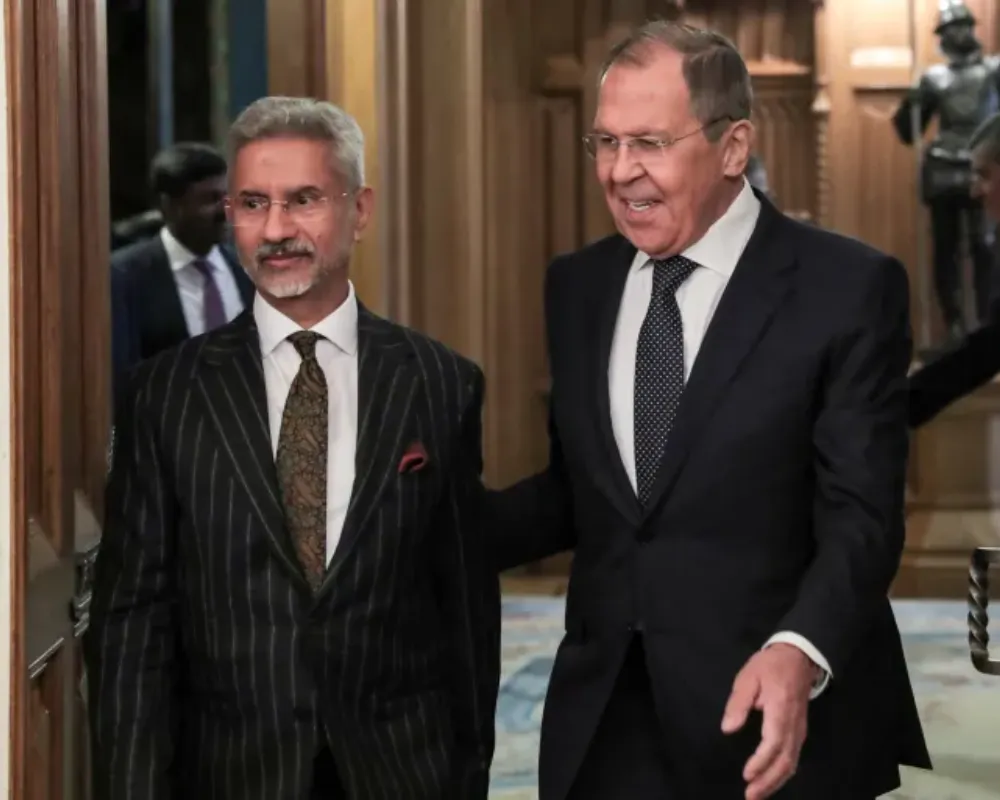
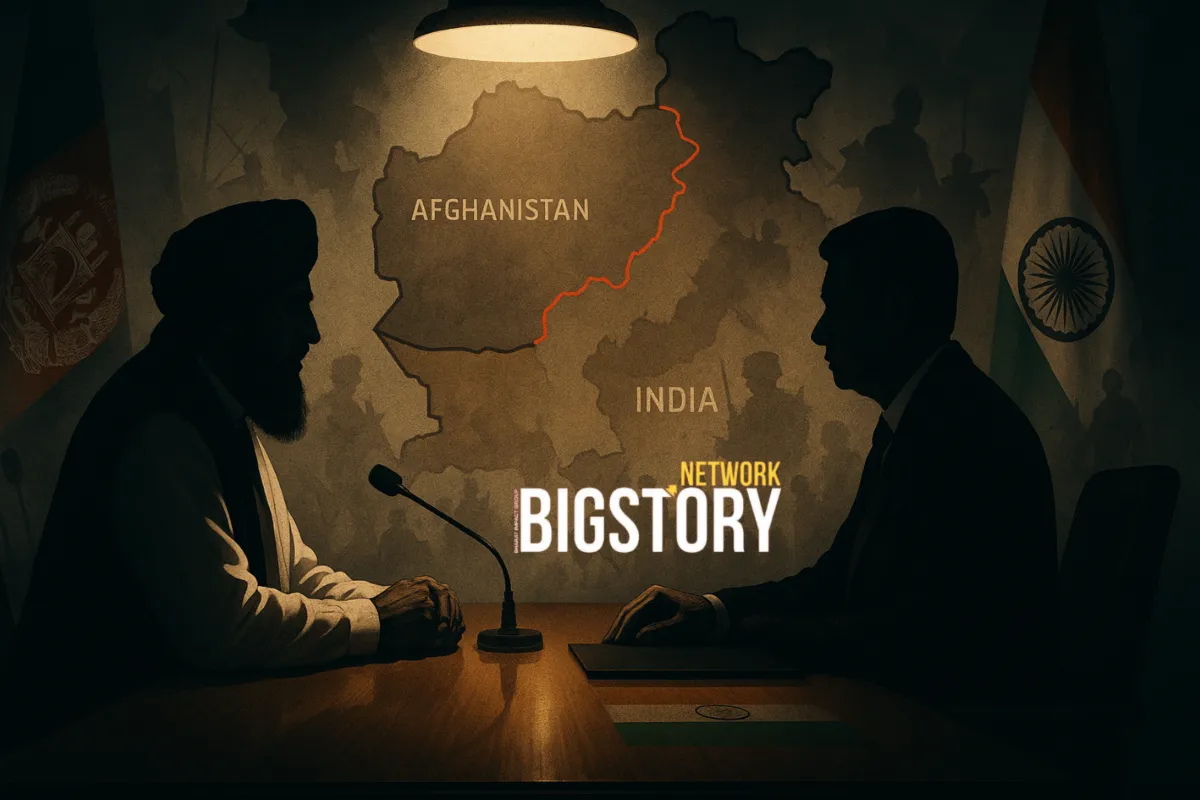
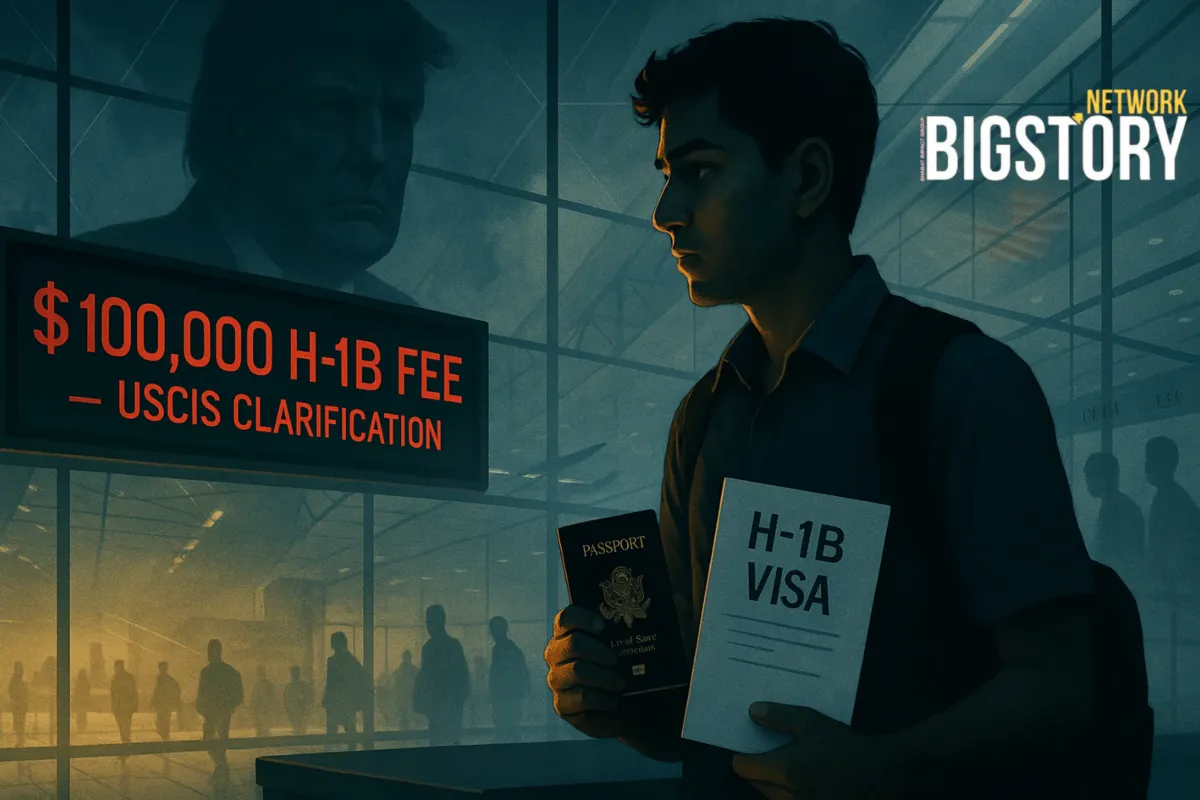
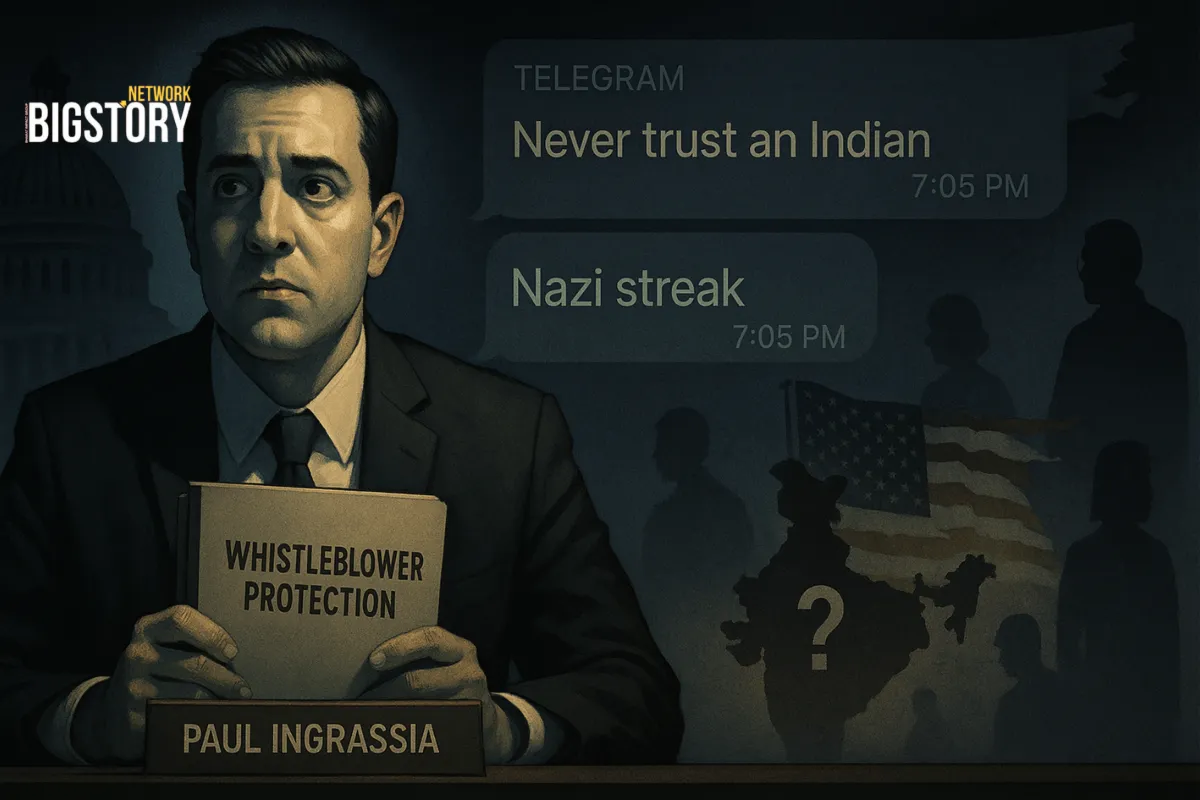
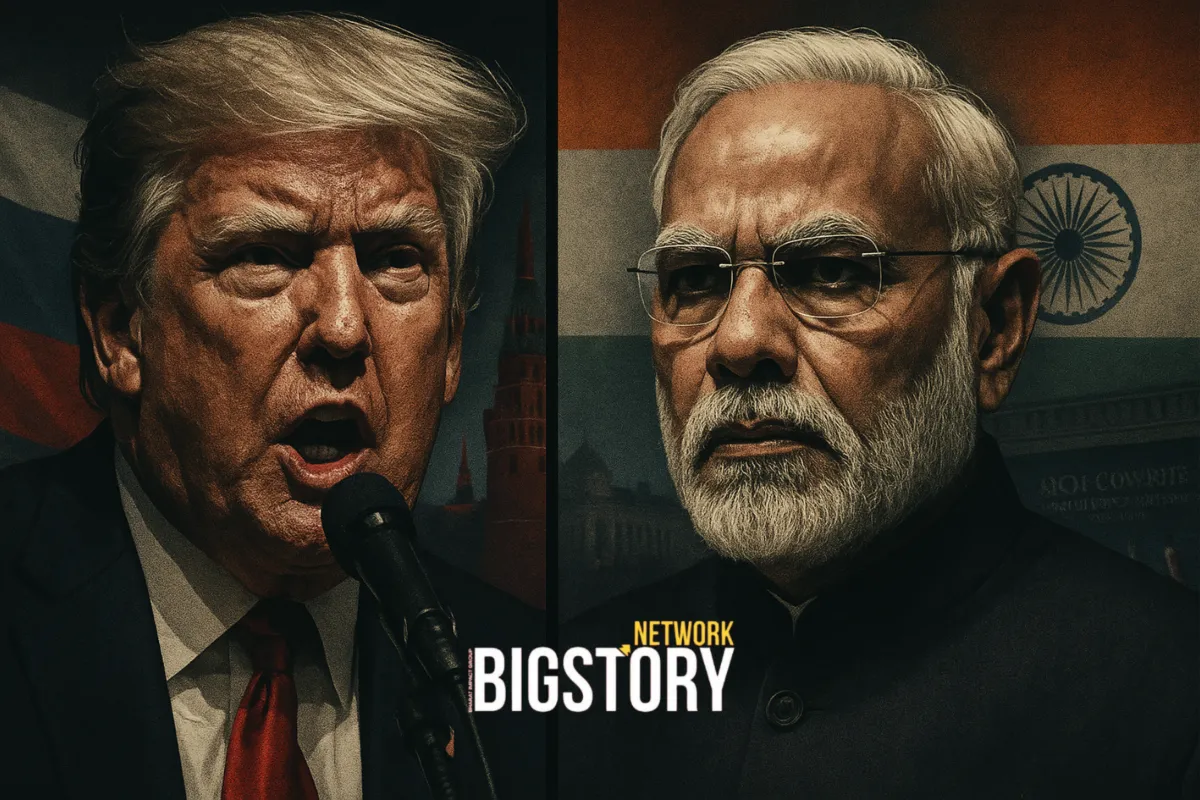
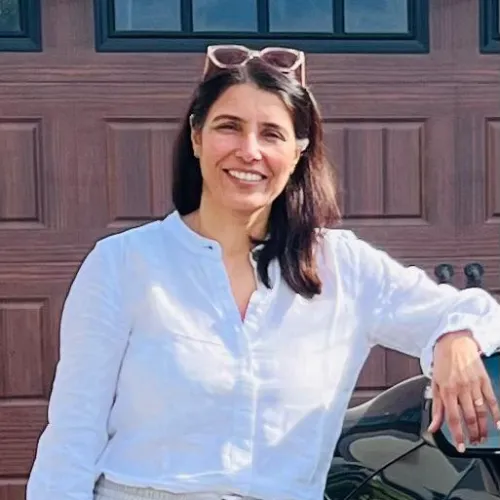
Leave a Reply